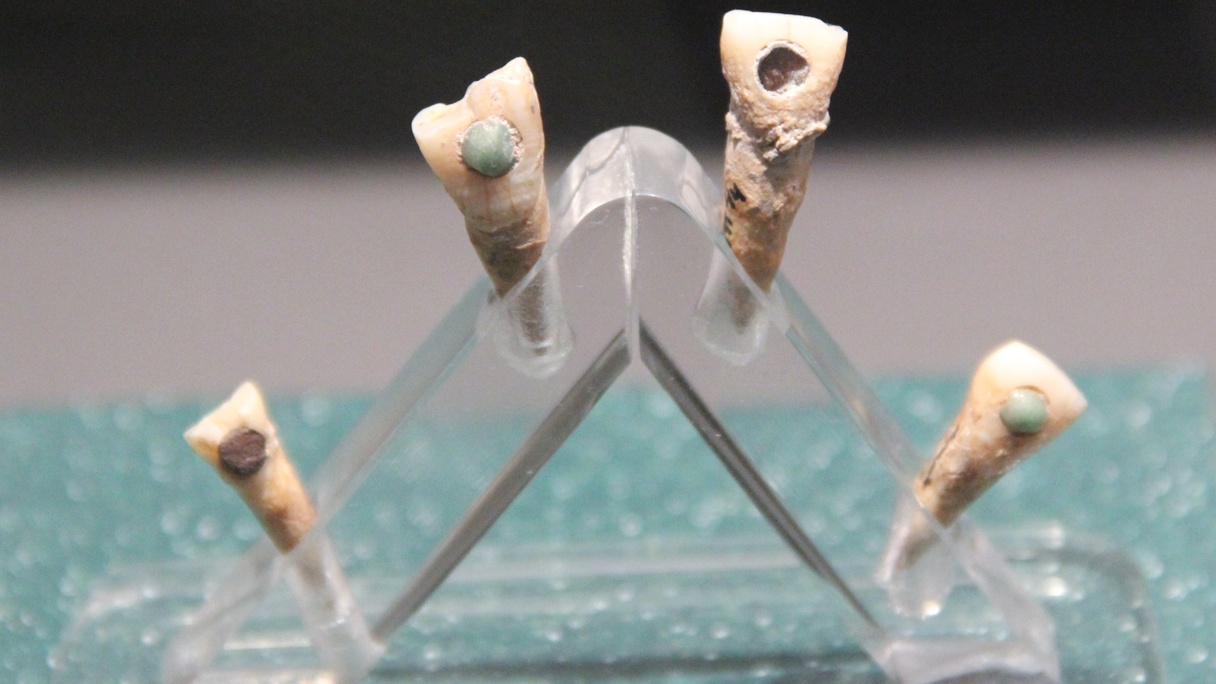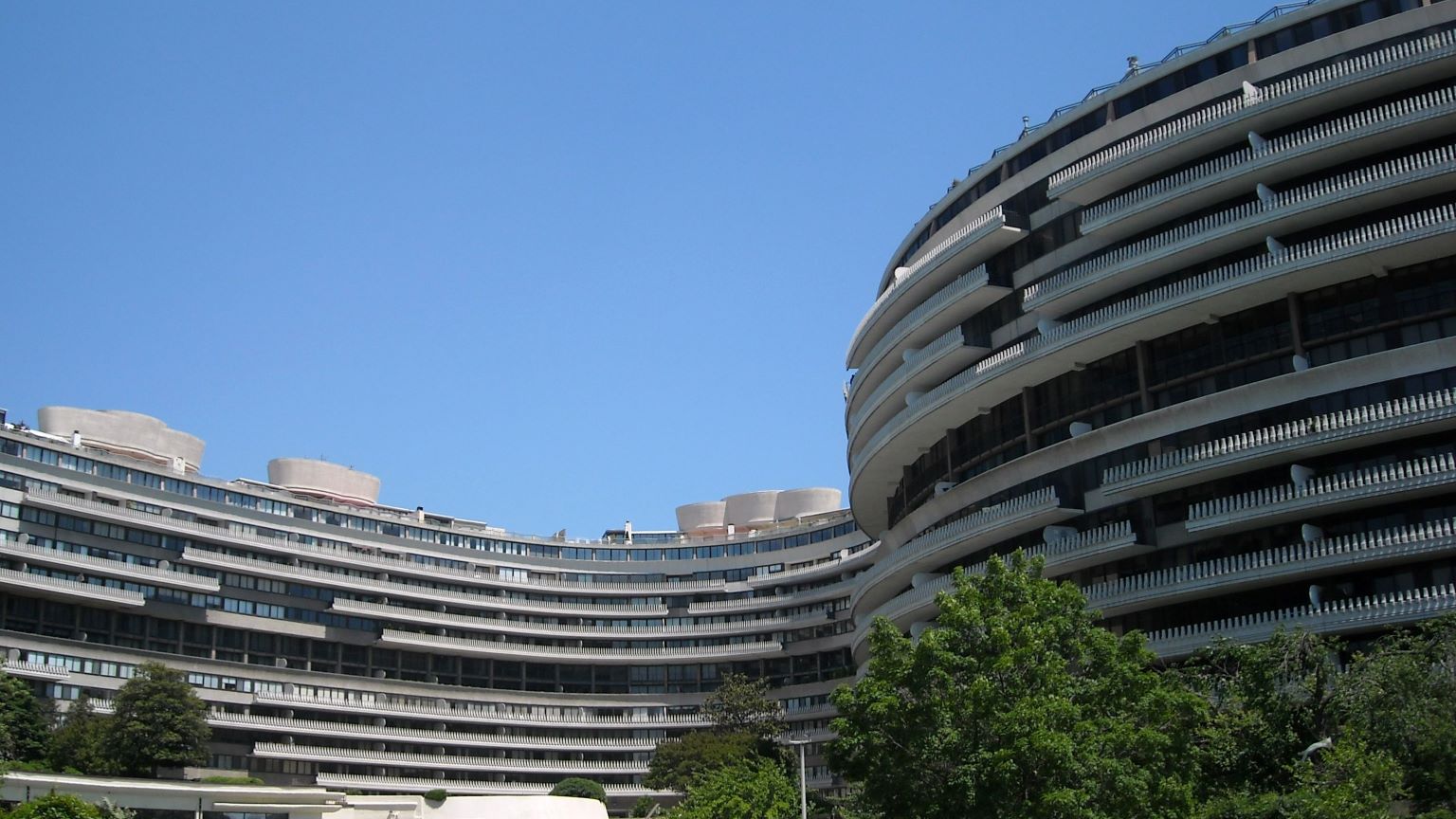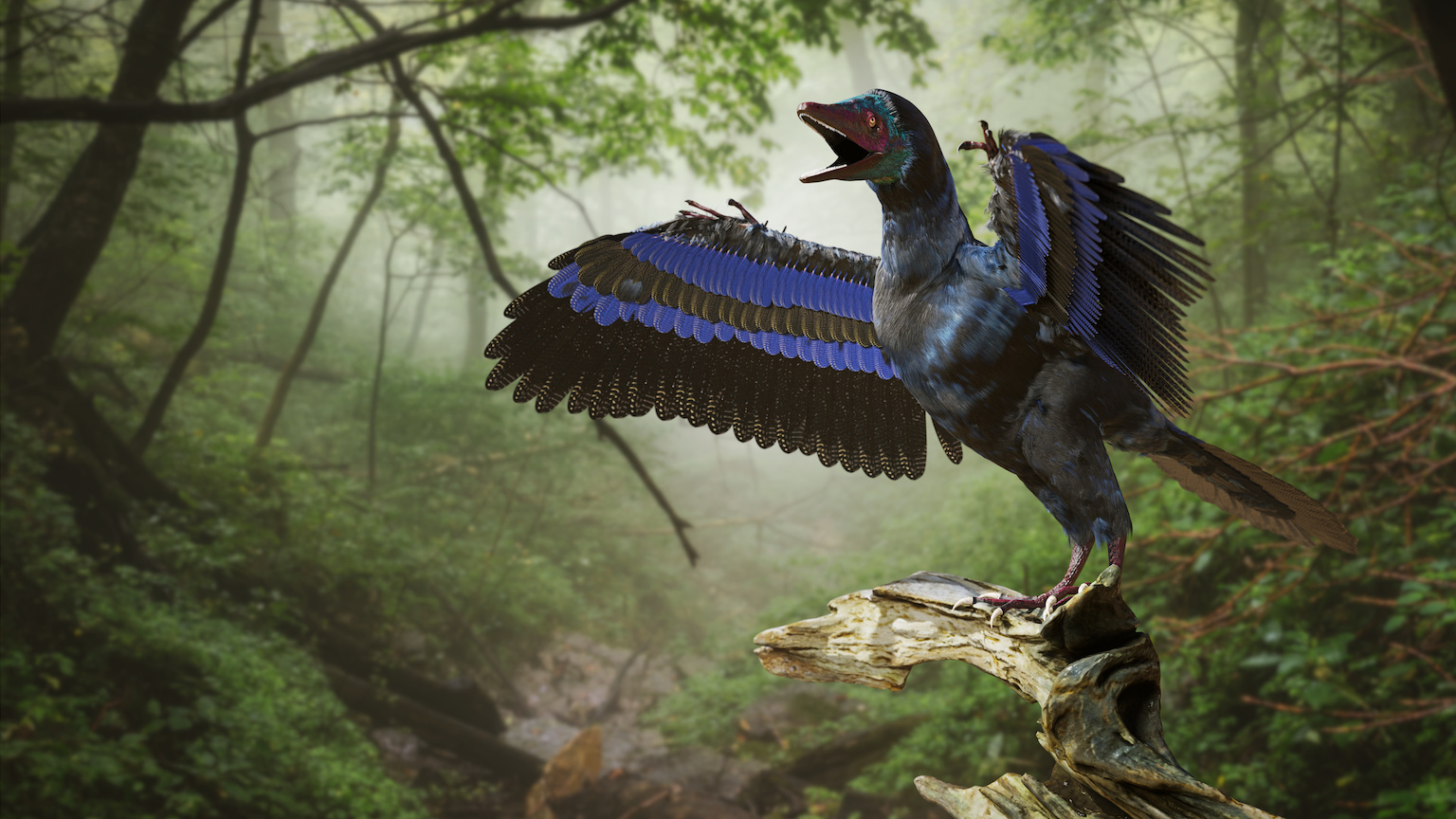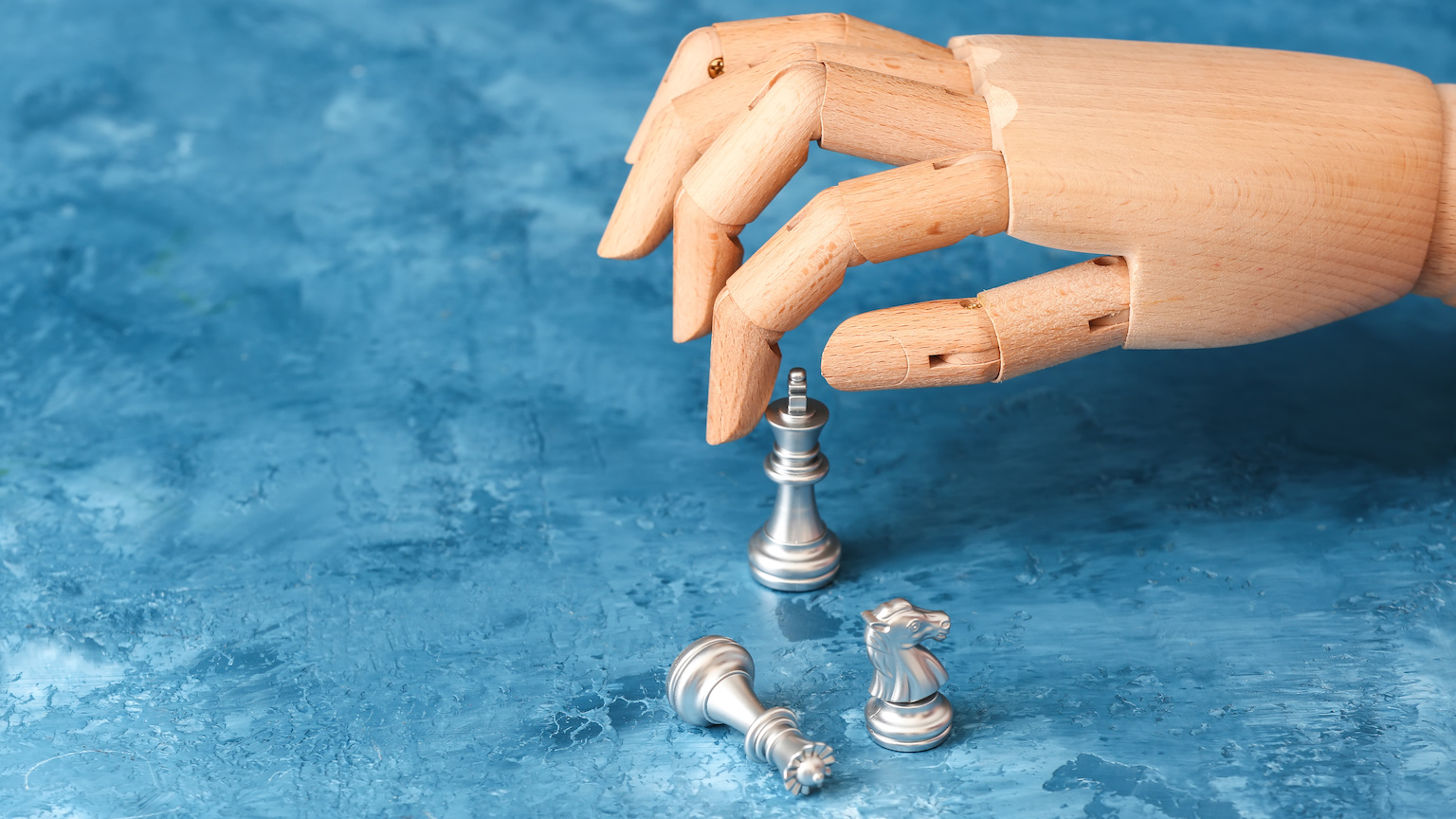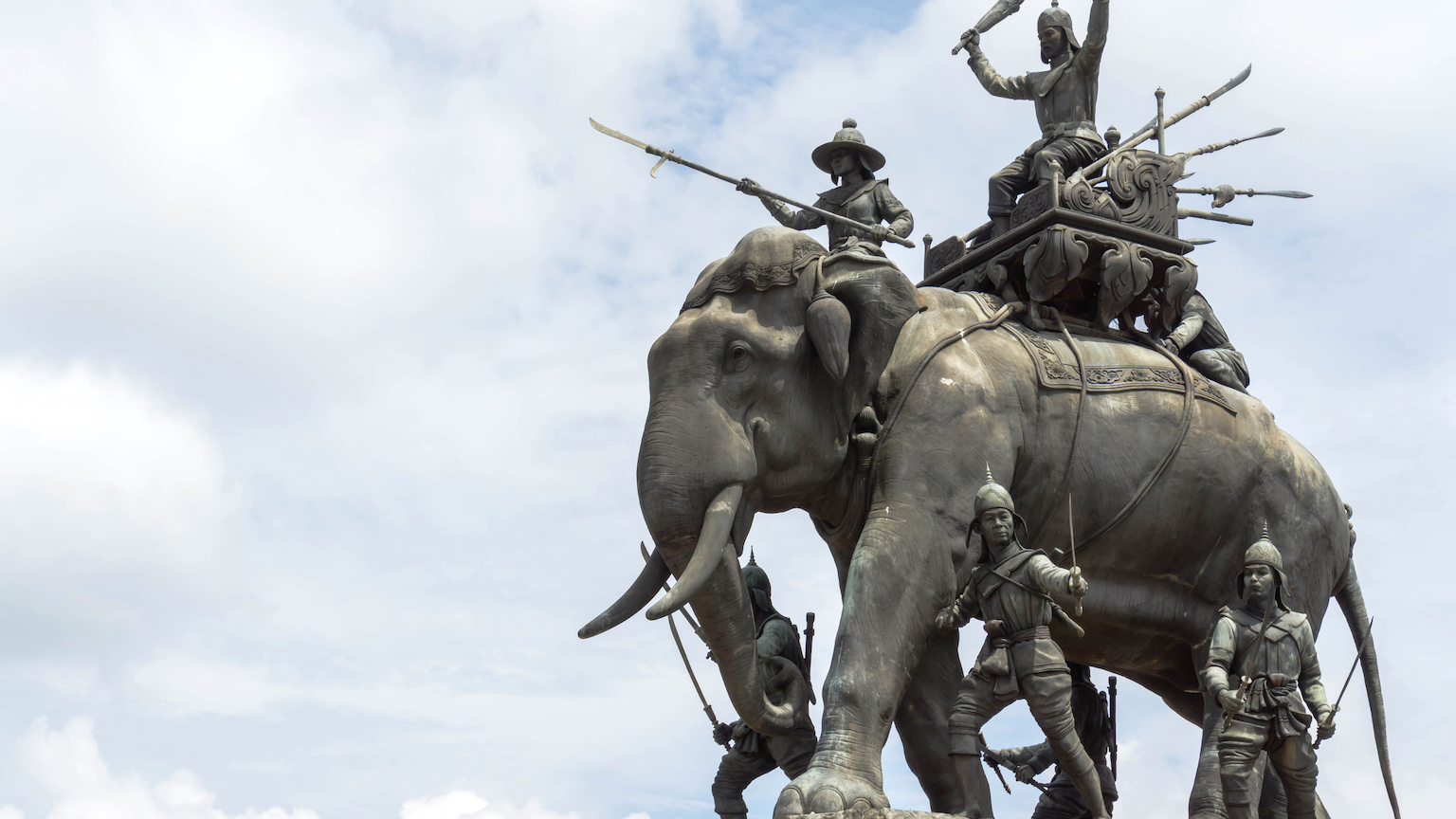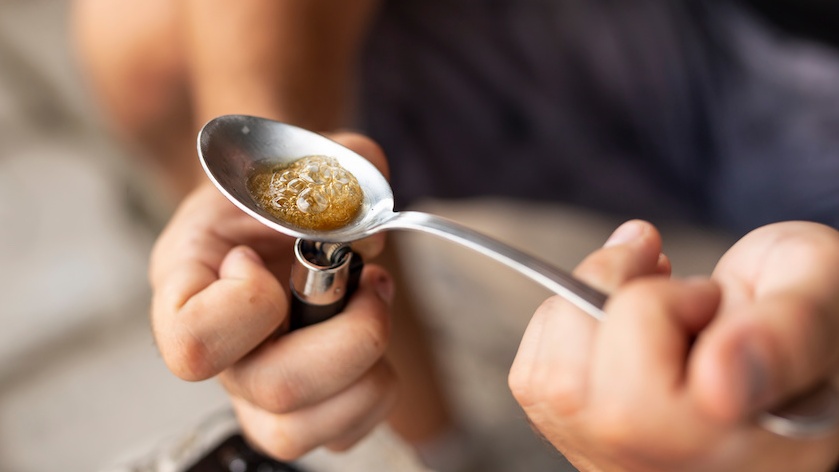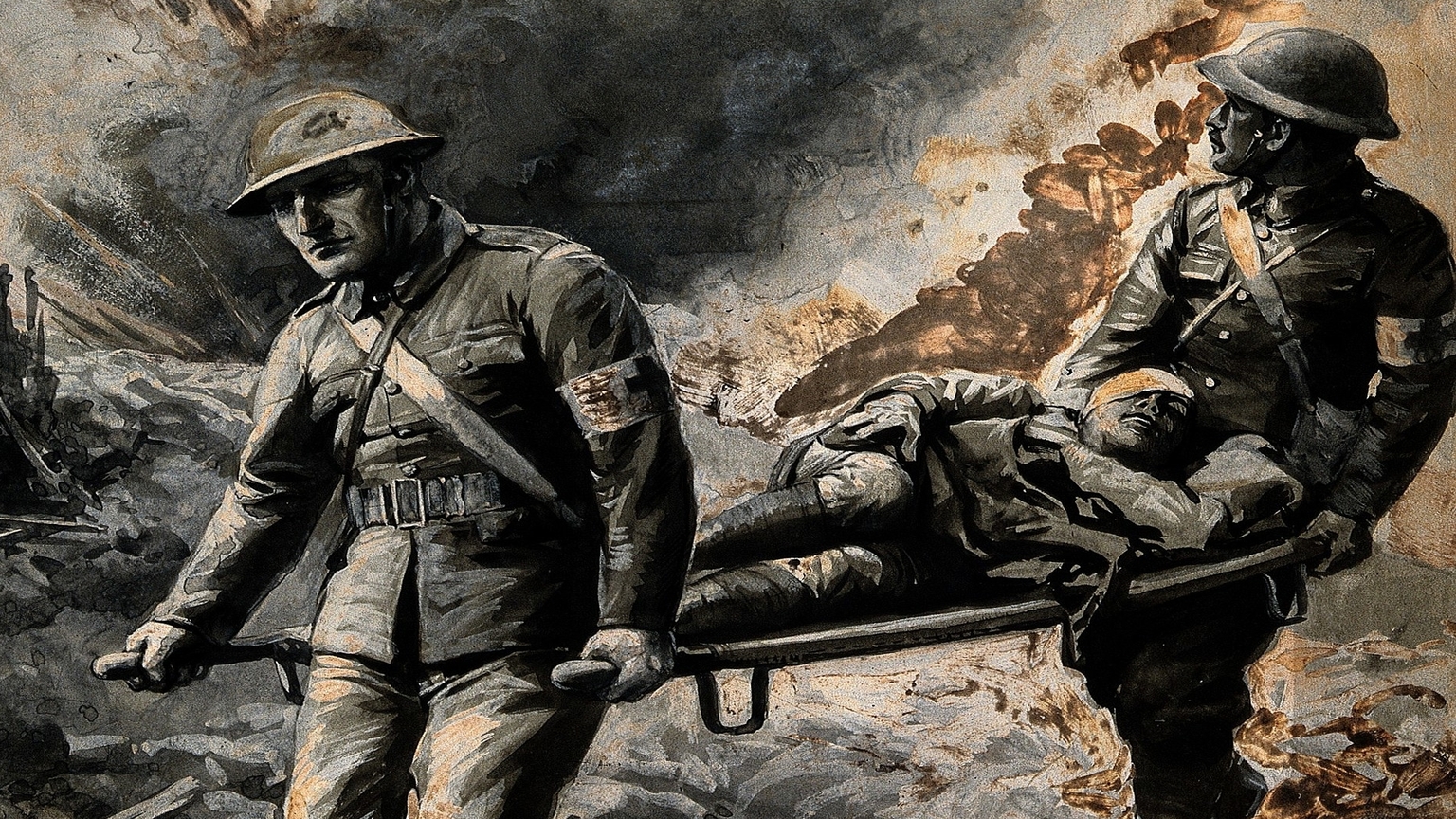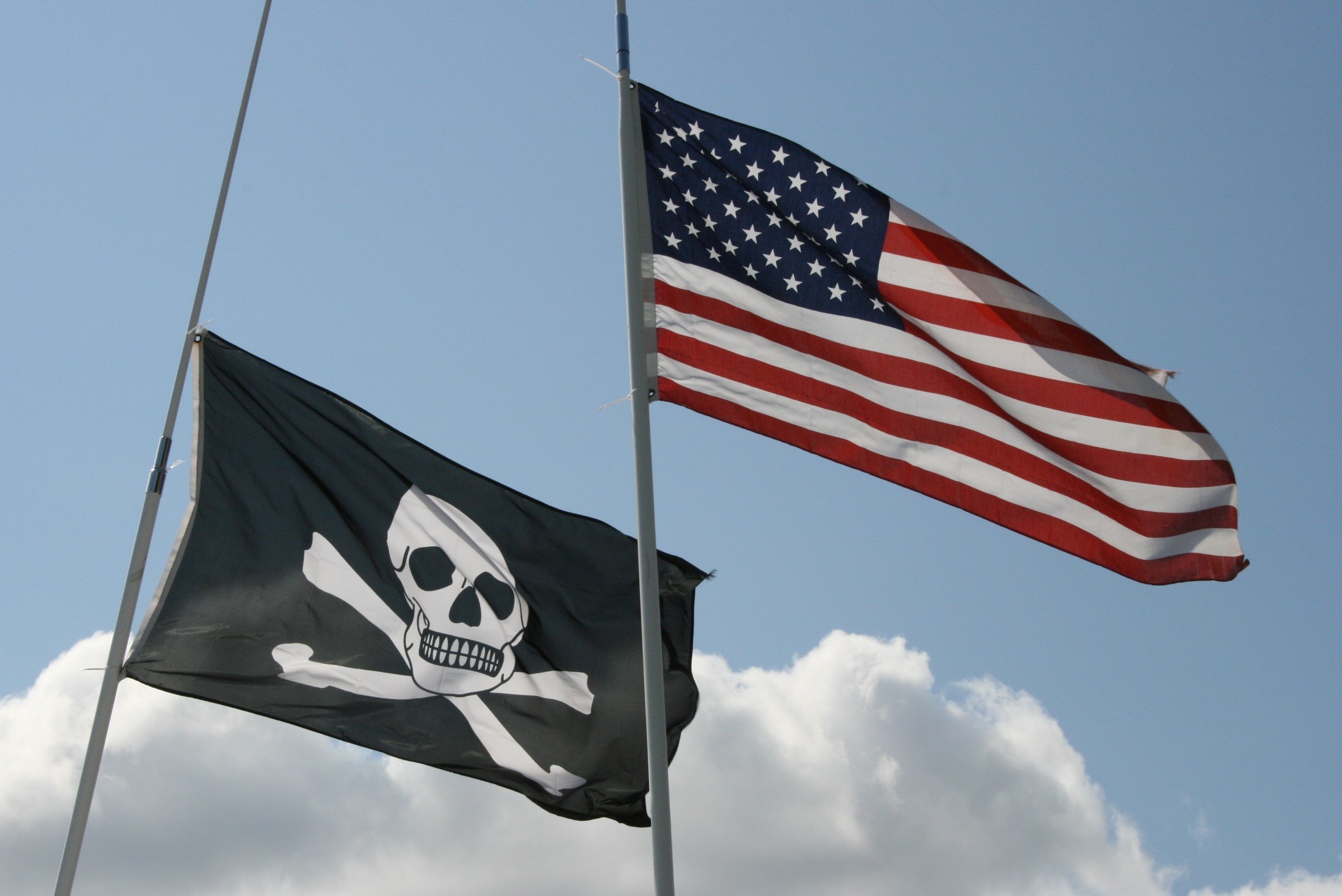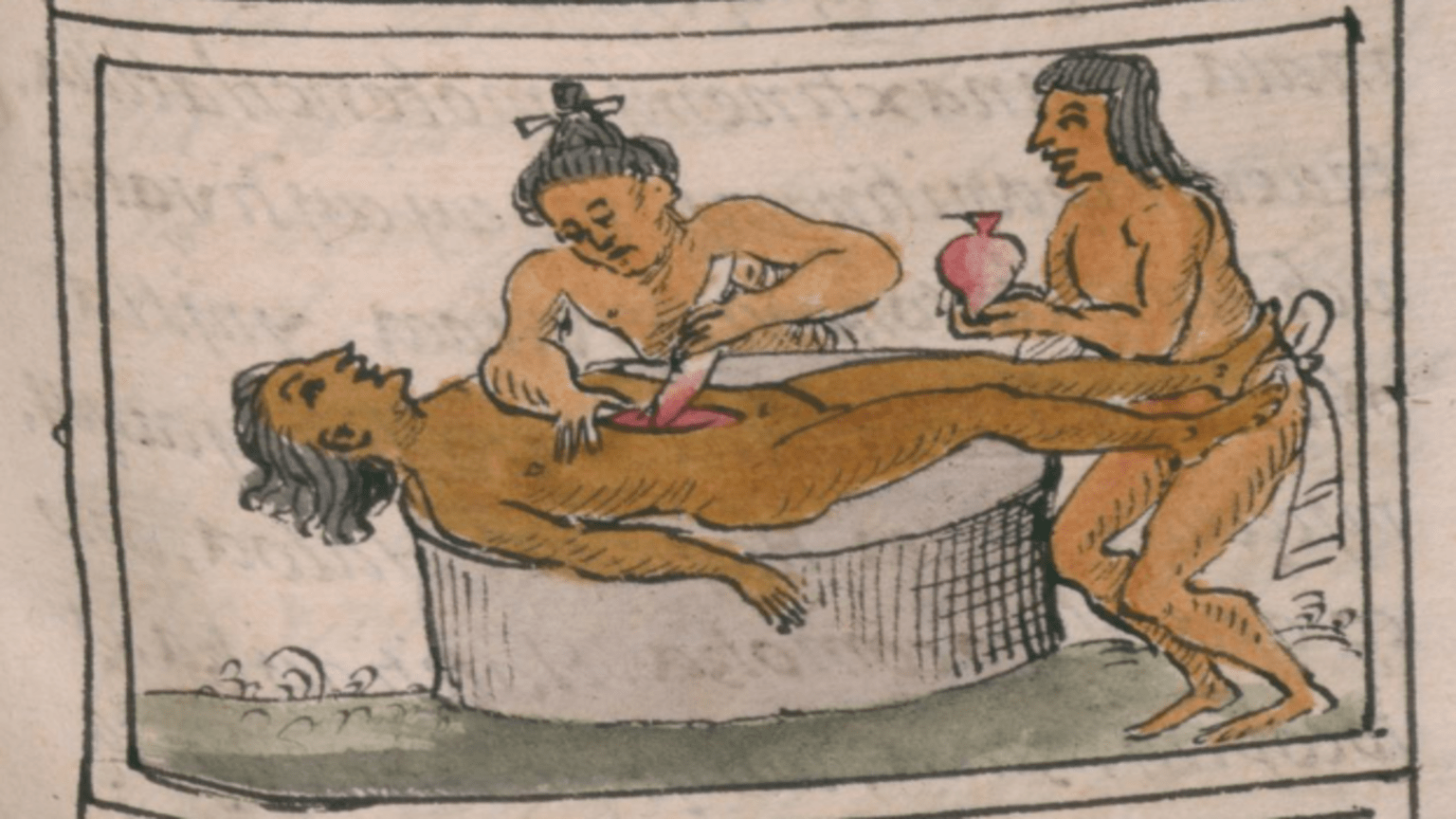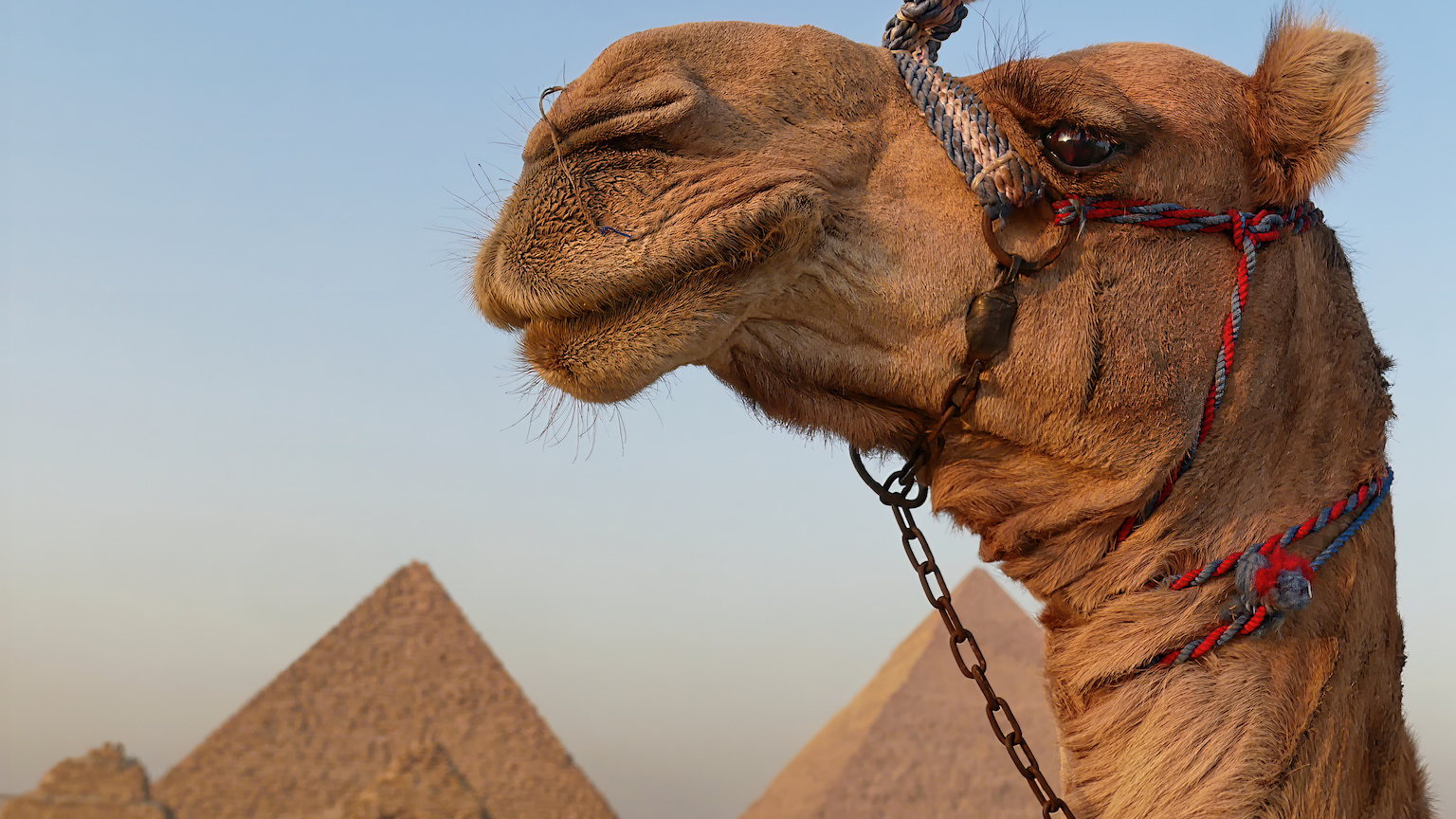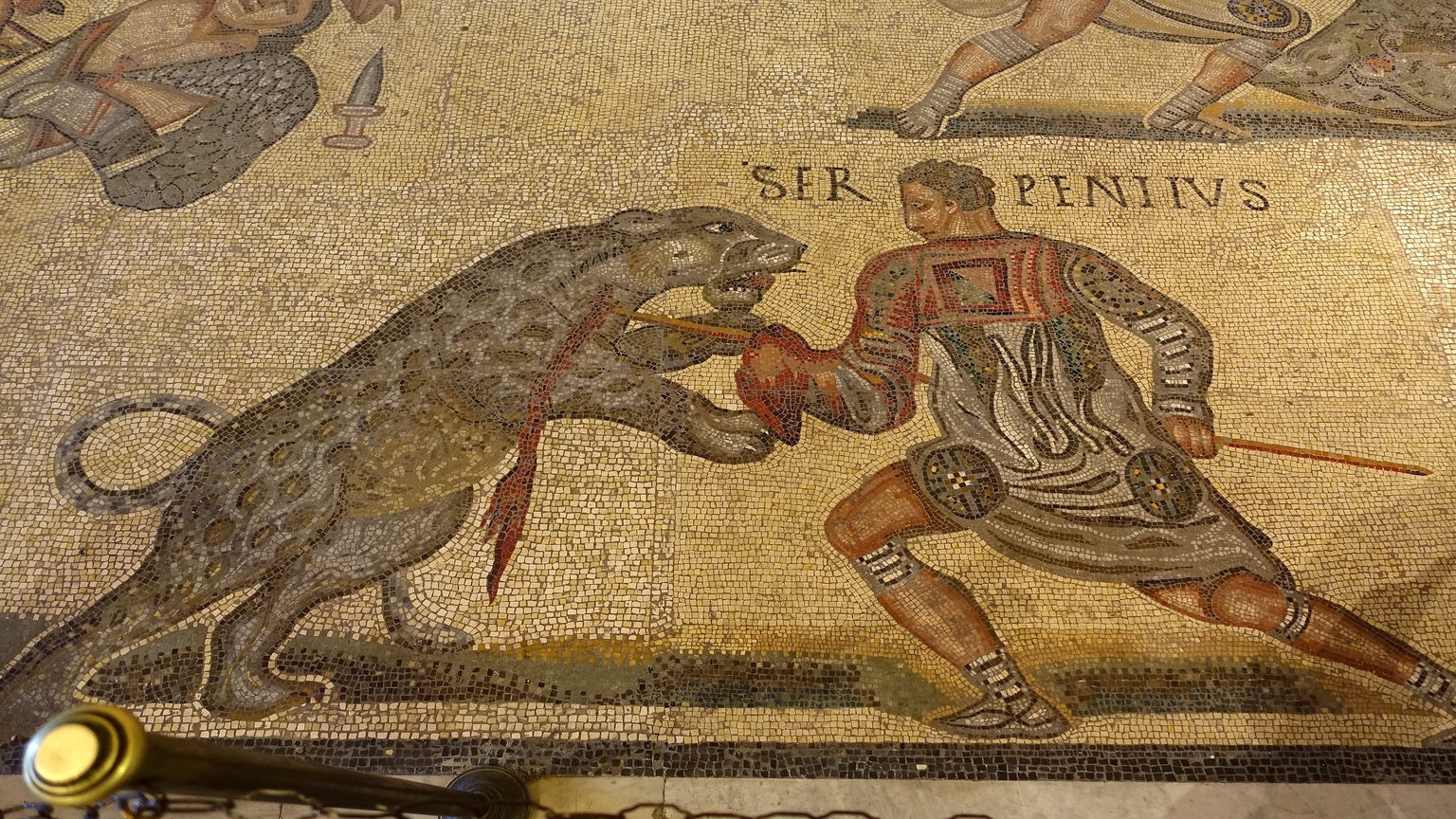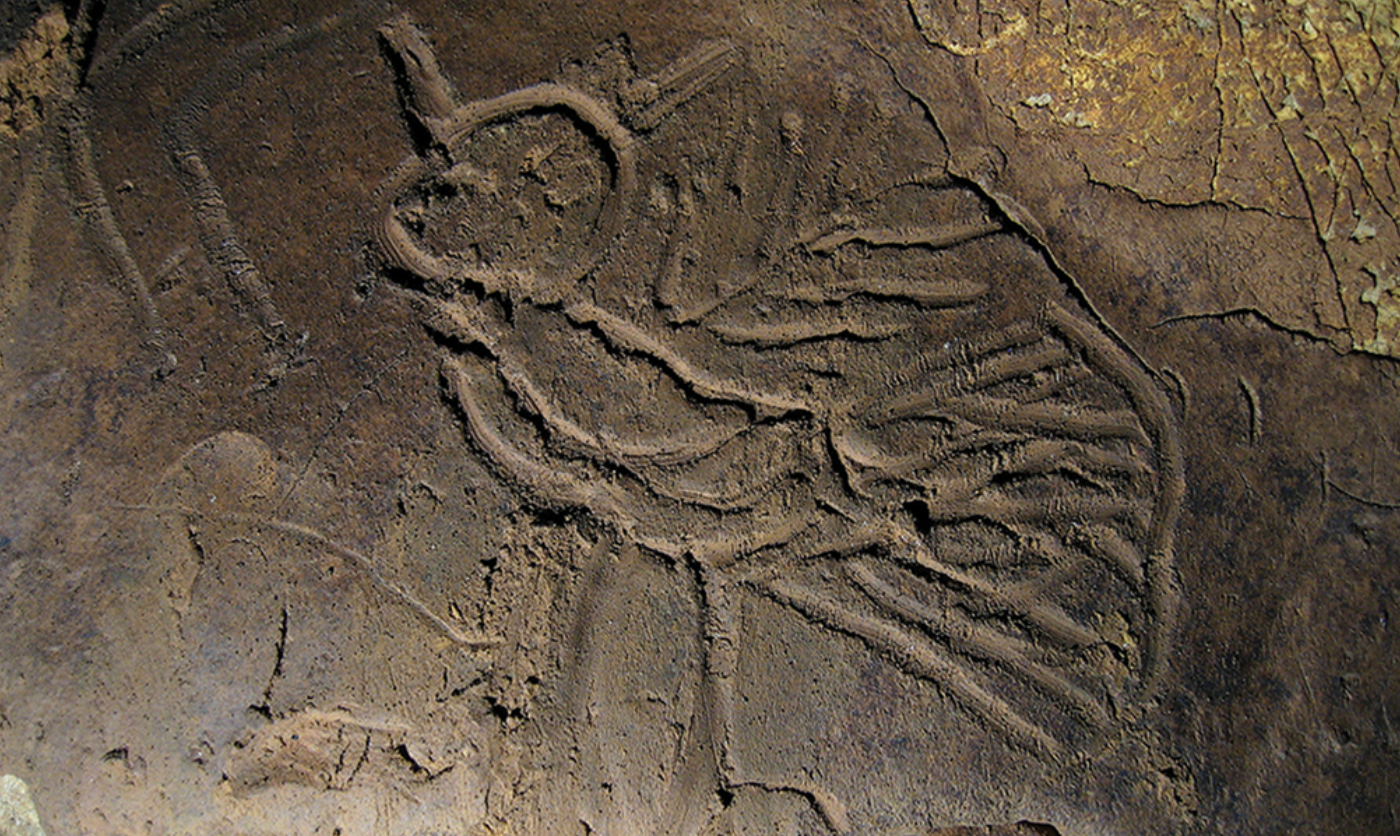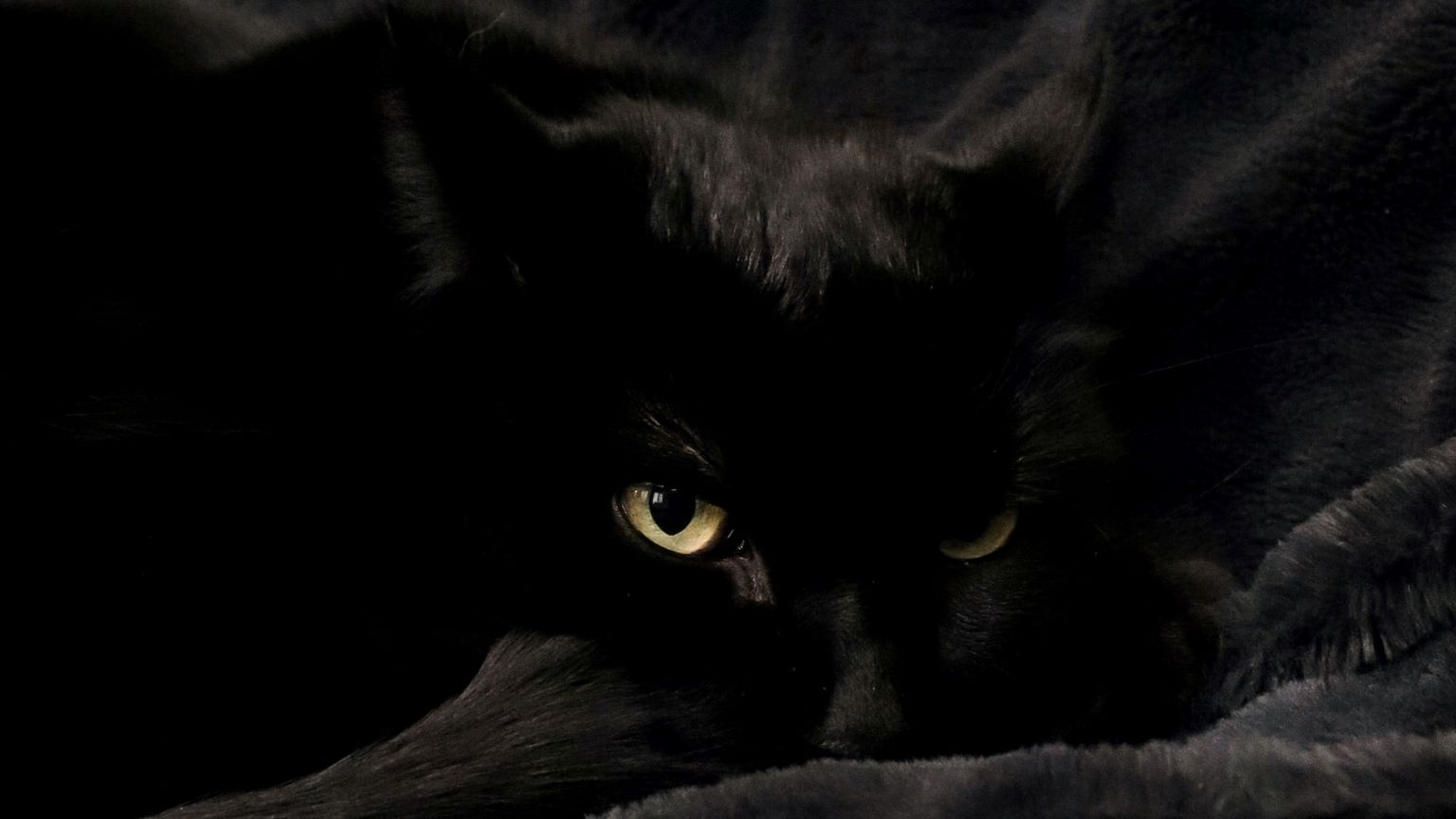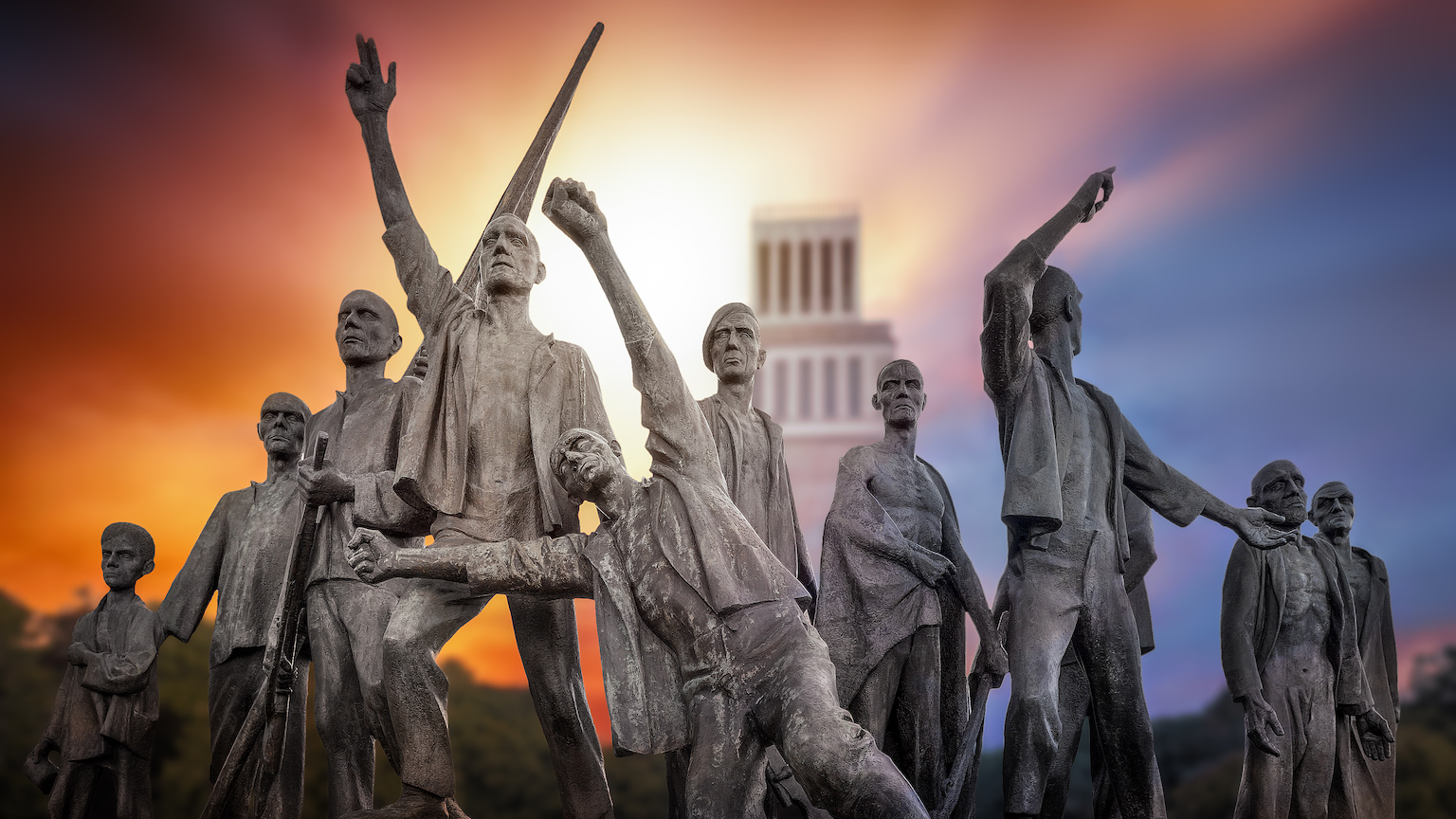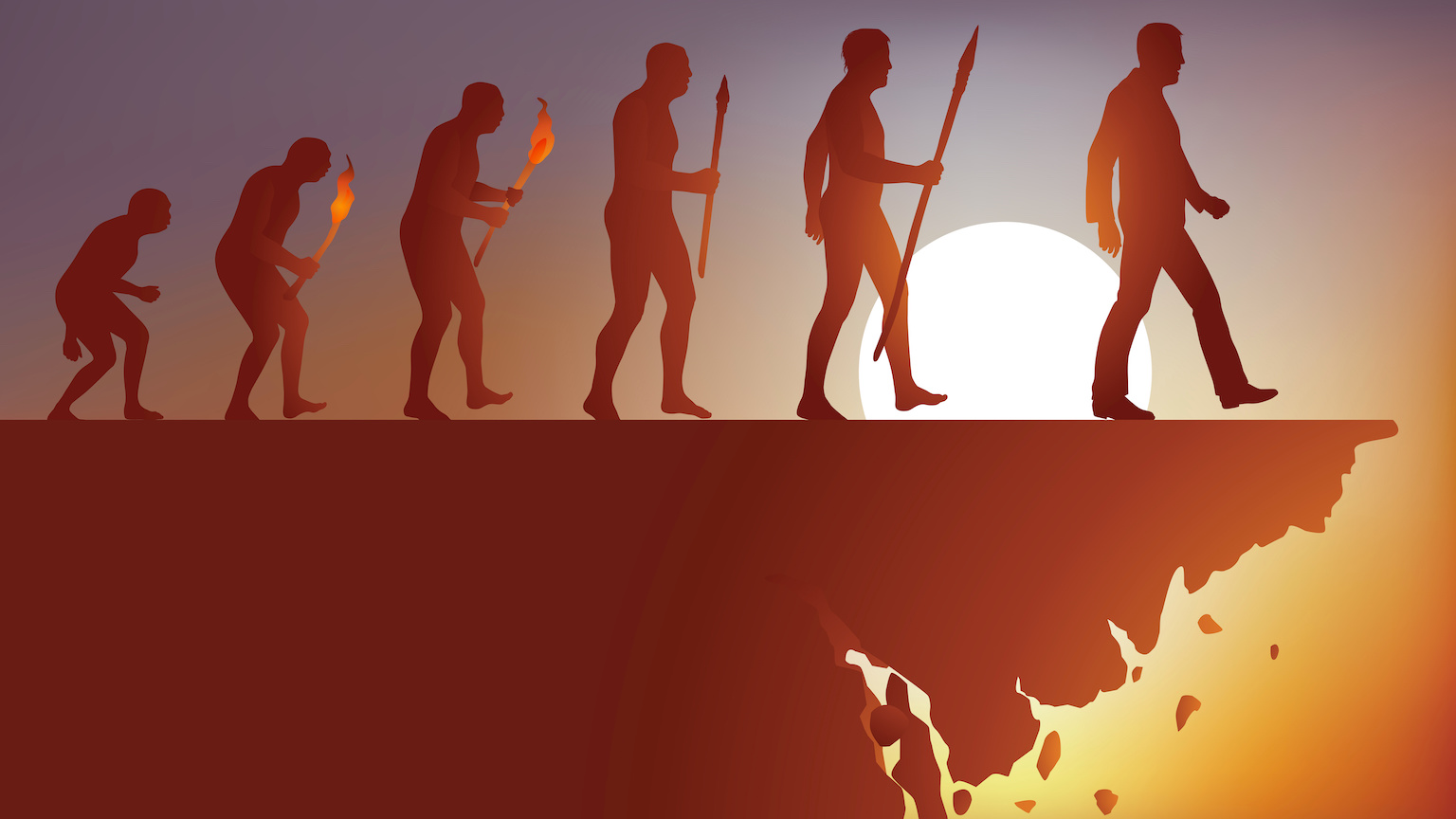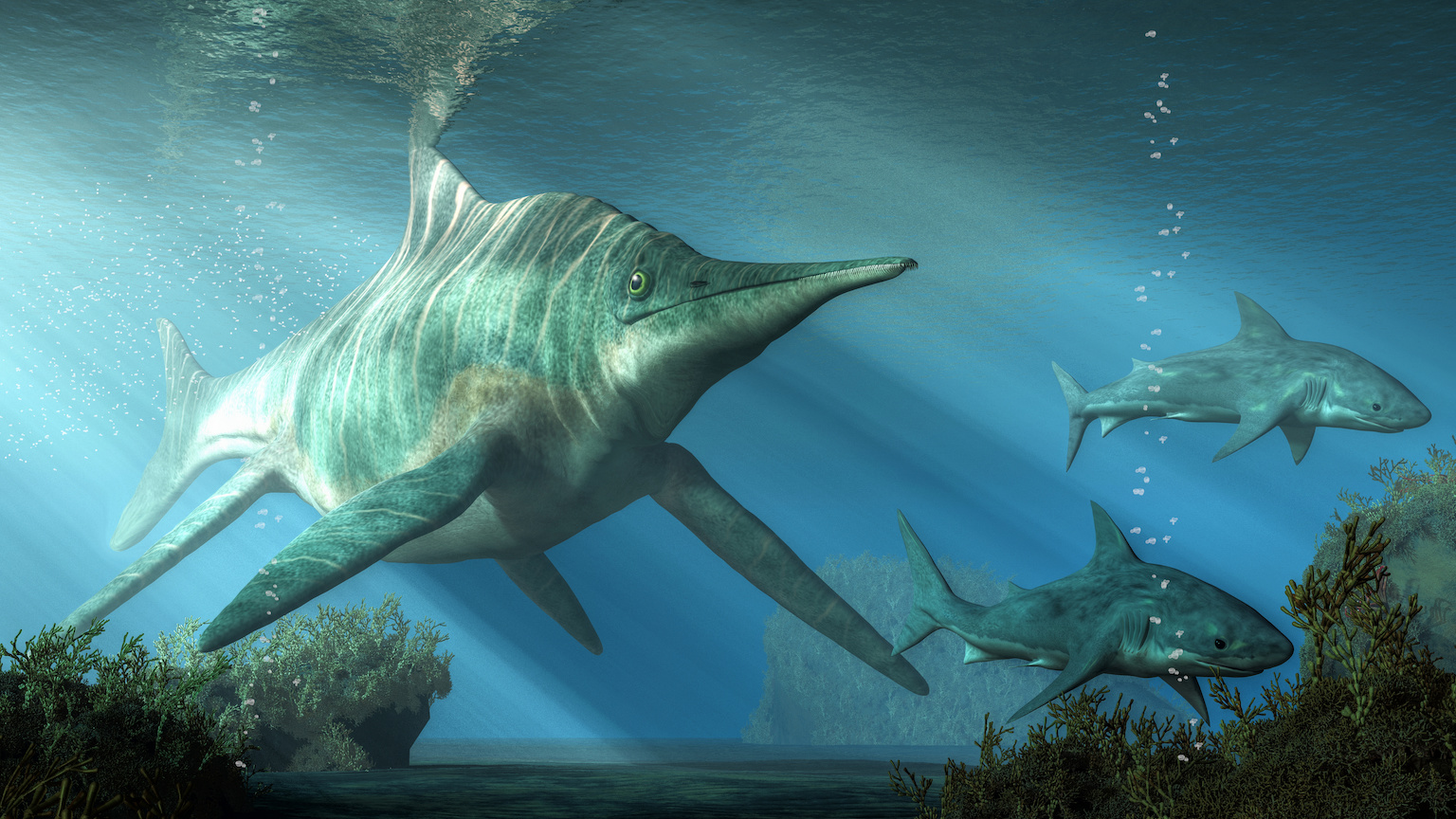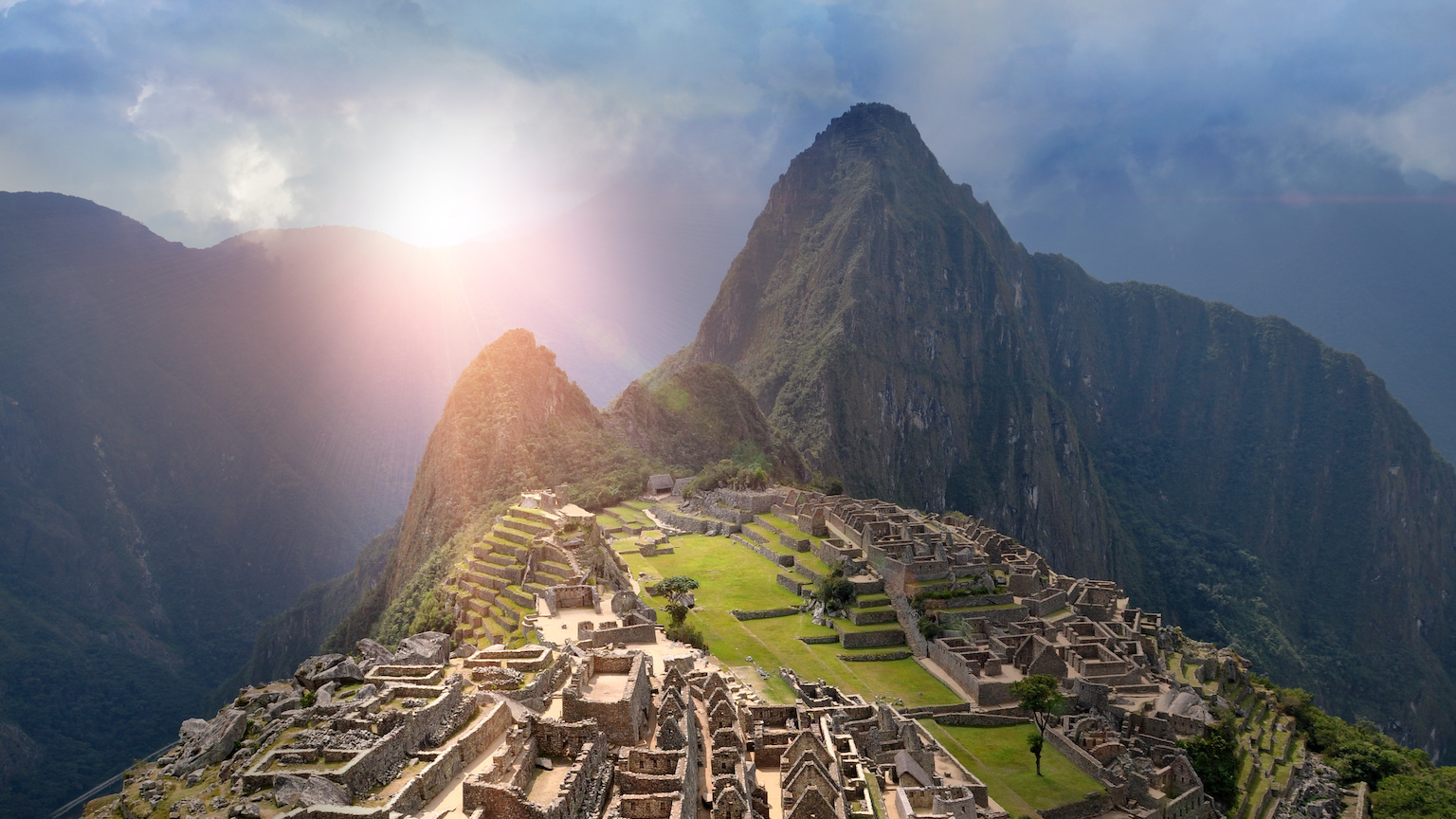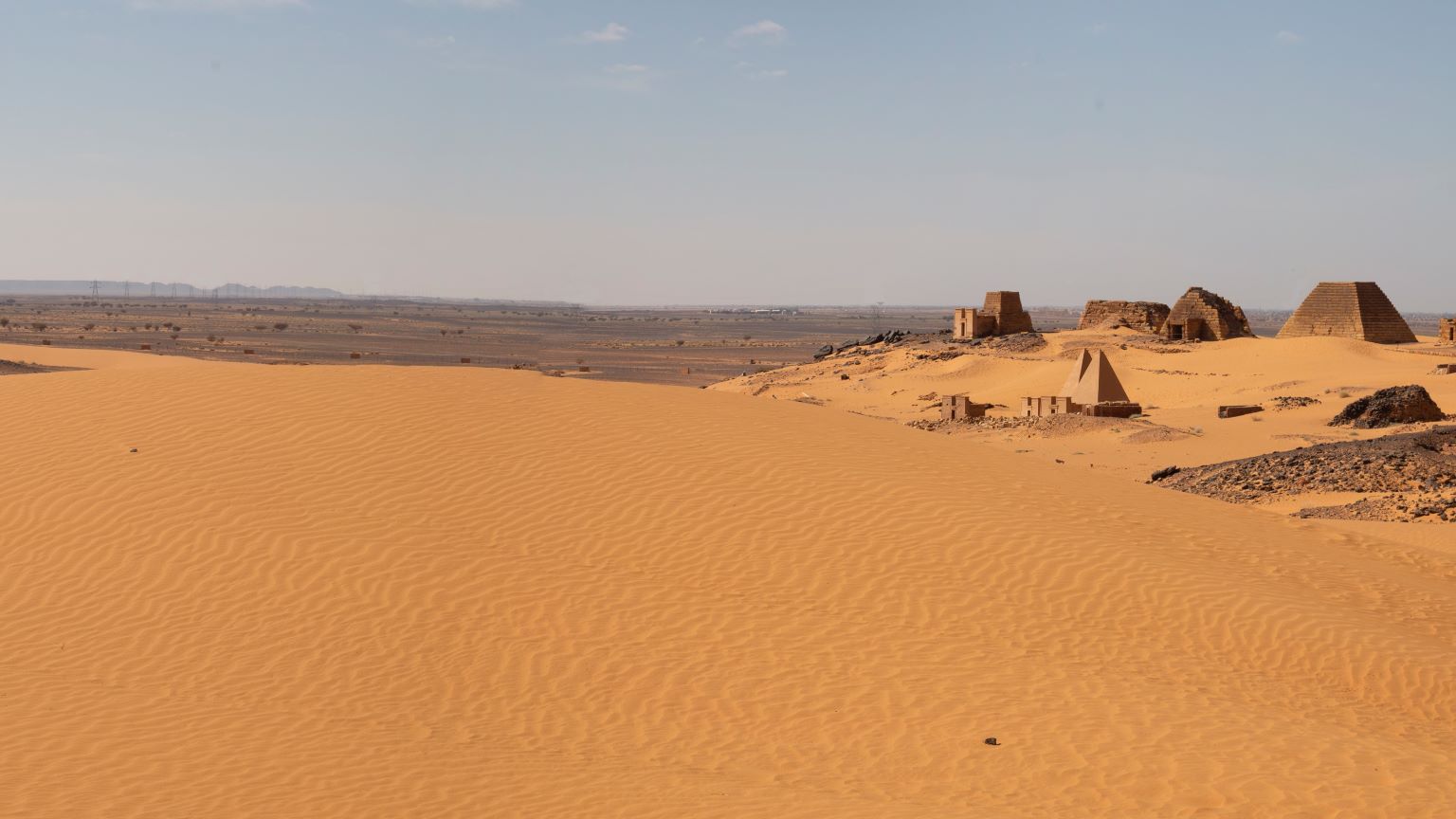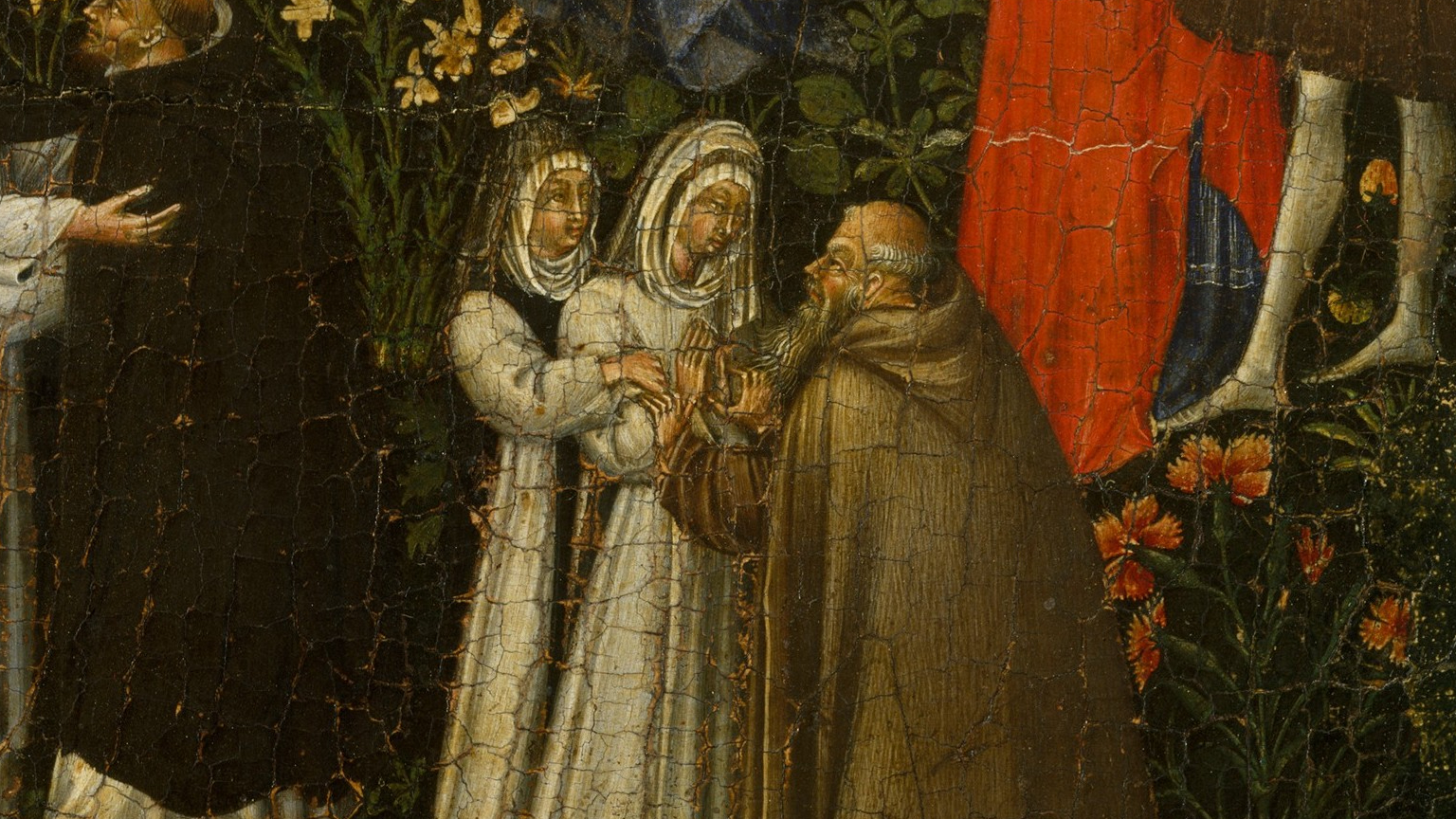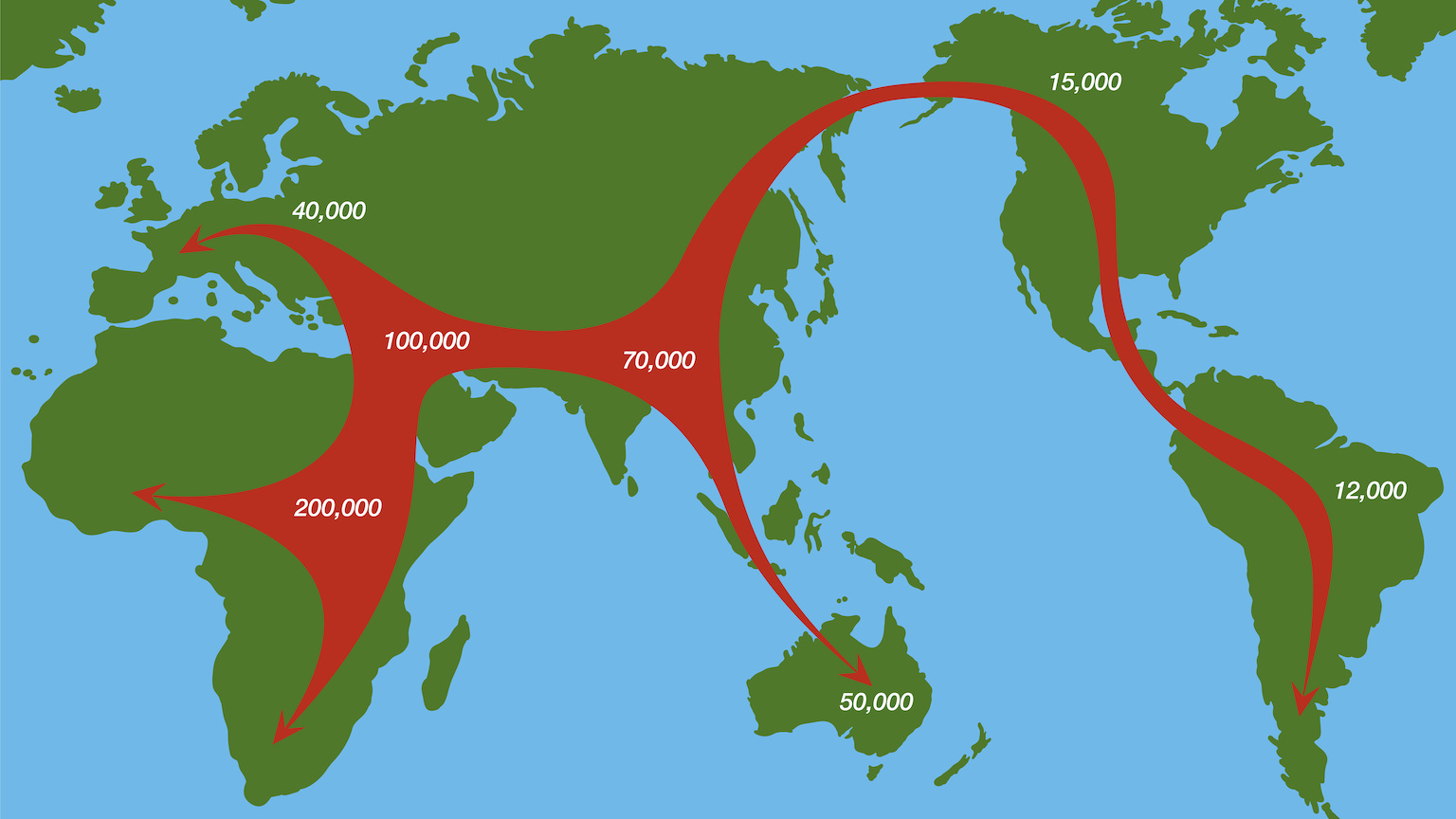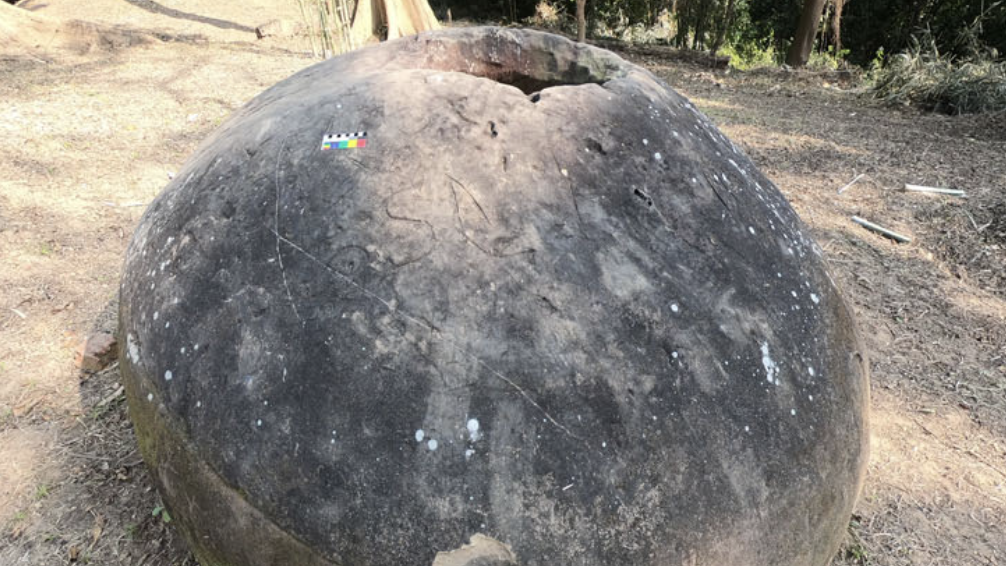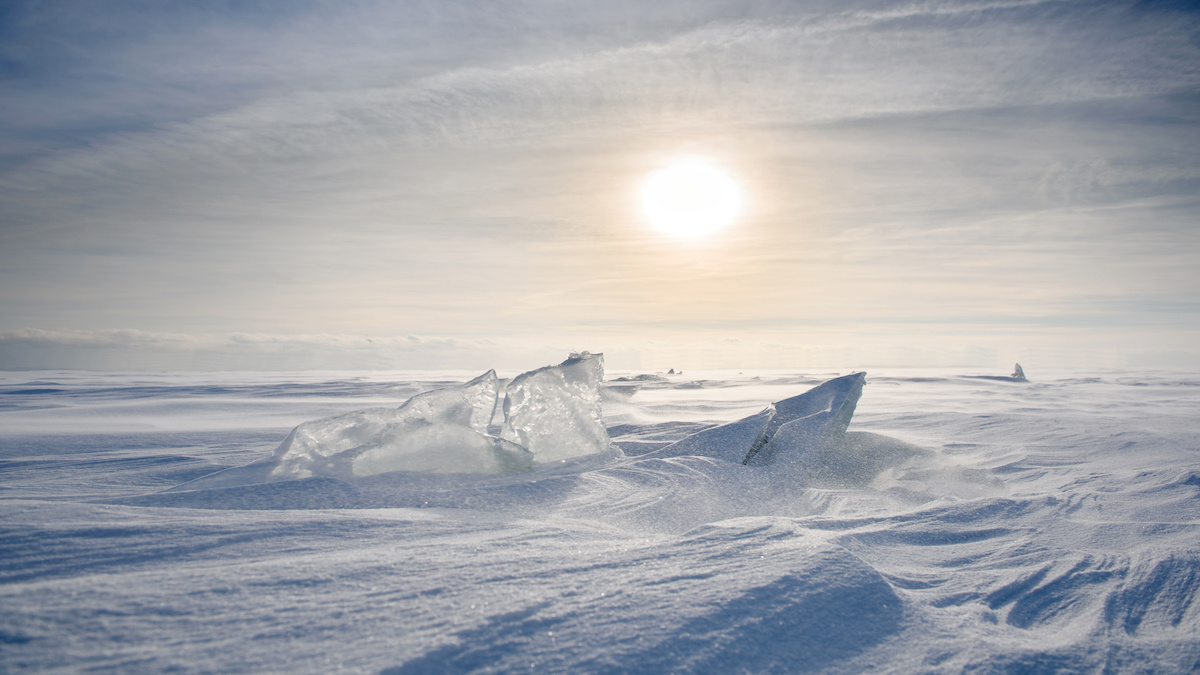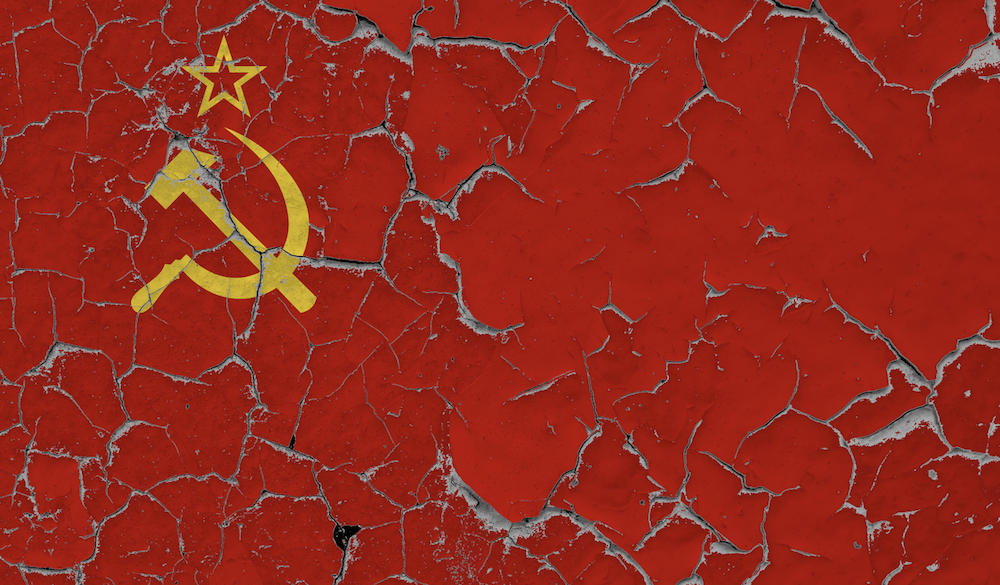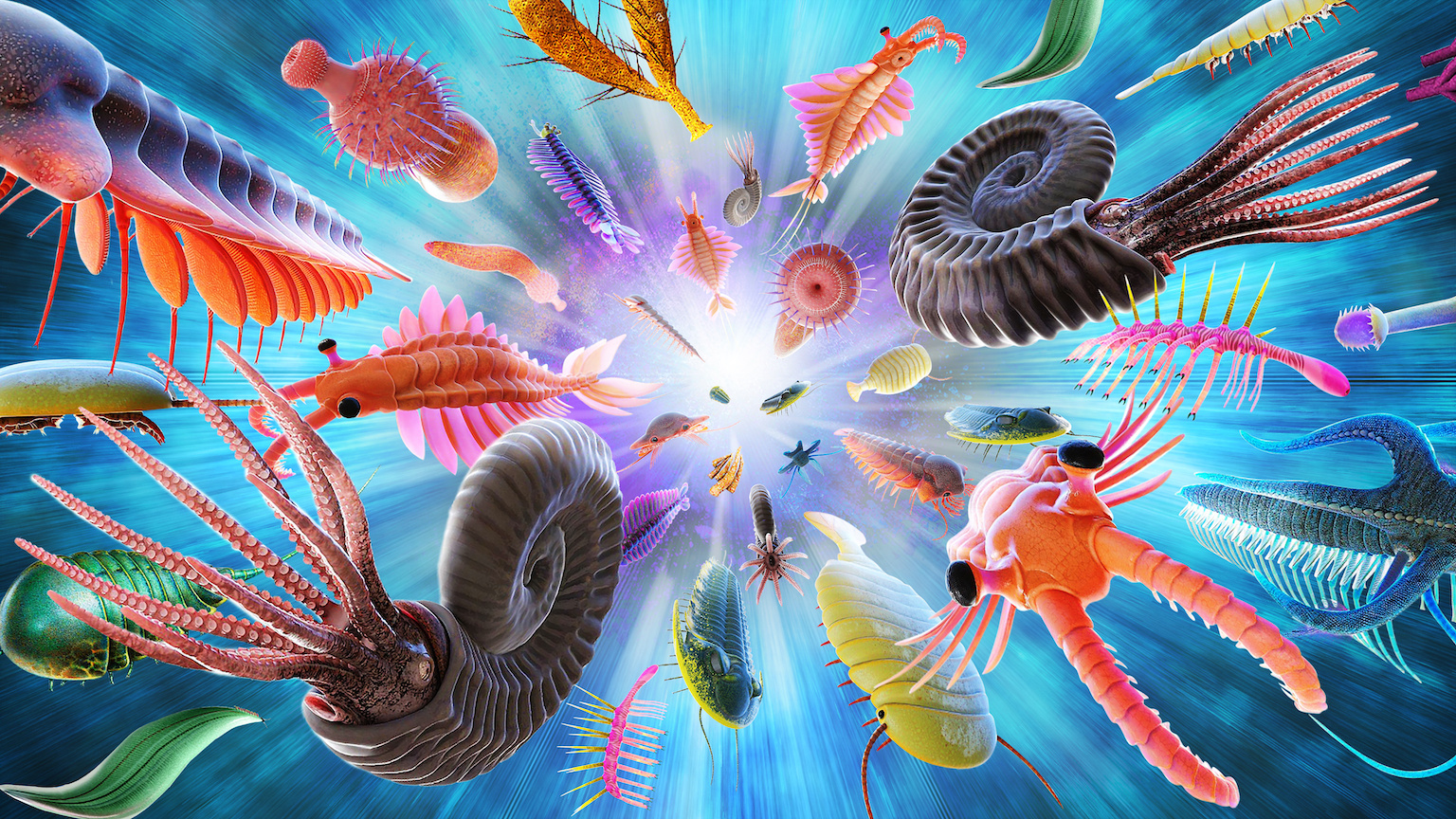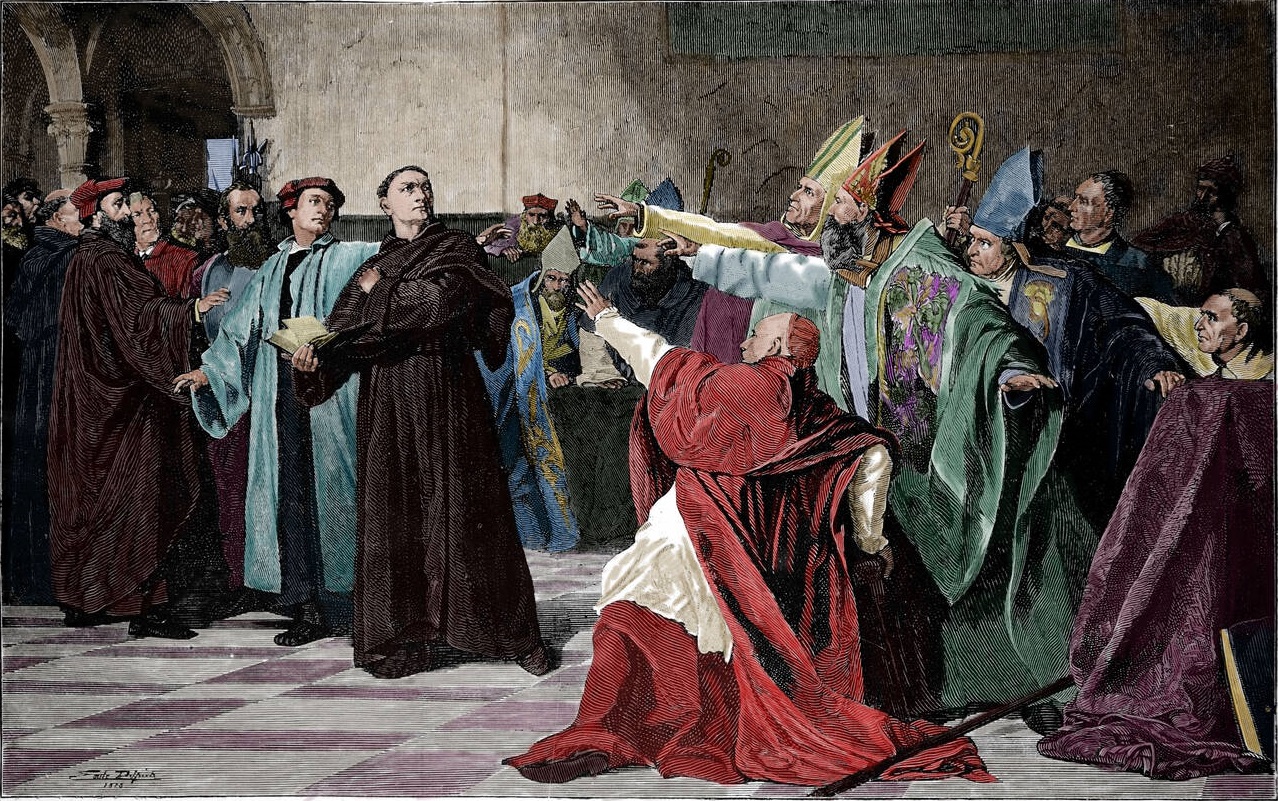The Past
All Stories
The ancient Maya enjoyed filling their teeth with gemstones. A new study reveals how the procedure was done and how it didn’t kill them.
In terms of sheer productivity, “-gate” has no peer. Wikipedia’s list of -gates has over 260 entries.
The long-standing debate over whether dinosaurs were more like birds or lizards is drawing to a close.
An elaborate device called the Mechanical Turk defeated Benjamin Franklin and Napoleon Bonaparte at chess. Edgar Allan Poe revealed the hoax.
Experimental archaeology is the practice of recreating past events using knowledge and tools available at the time. Sometimes, it involves elephants.
Robinson v. California helped to established a rehabilitative ideal: addiction should be dealt with as a therapeutic matter.
Before the war, medical experts treated the body as a sum of its parts. Conditions like wound shock and brain damage called for a change in perspective.
Privateers pillaged British merchant ships in the name of liberty — and profit.
Human sacrifice appears to be as old as humanity itself. Still, experts disagree on how and where the practice first originated.
Searching for truth in unorthodox ways can be a valuable exercise. But Anatoly Fomenko’s alternate world history is just plain weird.
To the ancient Greeks, exotic animals were proof of mythological creatures. To the ancient Romans, they were oddities and adversaries.
A recent advance in 3D imaging techniques helped spark the biggest ever discovery of North American cave art.
Was there an intelligent, technologically advanced species long before humans existed? Could there have been a dinosaur civilization?
Were Hitler’s SS henchmen willing executioners fueled by racial propaganda or mindless servants vying for promotions?
Speculation about the existence of aliens goes all the way back at least to the Greek philosophers. Their arguments will sound familiar.
The simulation gave researchers some of the first concrete data linking climate change to human evolution and speciation.
The Mayan calendar is revered for its impeccable accuracy. Now, a recent excavation in Guatemala reveals how the system developed over time.
A toxicological study shows that the victims of human sacrifice consumed coca leaves and ayahuasca before they were killed, but not for reasons we originally thought.
The underground burial tombs were used at least as far back as 2500 B.C.
“Immodest Acts” tells the story of Benedetta Carlini, a lesbian nun who claimed to be a mystic visionary but failed to convince the leaders of her faith.
Benjamin Franklin’s lightning rod saved countless lives, but some religious leaders denounced his invention.
Archaic humans ventured into Eurasia in waves, not always successfully. They may have started their journey in North Africa or West Asia.
The Assam stone jars were described as early as 1929. Almost a century later, archaeologists still puzzle over their placement and purpose.
The “Clovis First” hypothesis for human settlement of North and South America has just been debunked. Where do we go from here?
Most cities reeked of death, defecation, and industrial waste. Still, focusing only on stench means turning a blind eye (or nose) to the many other smells that helped shape human history.
To Vladimir Putin, a young KGB colonel at the time, the decision was a colossal mistake.
Scientists across a range of disciplines have helped solve Darwin’s dilemma.
By toppling medieval Europe’s mightiest political power, the Protestant Reformation ushered in a new age of freedom, religious and otherwise.
